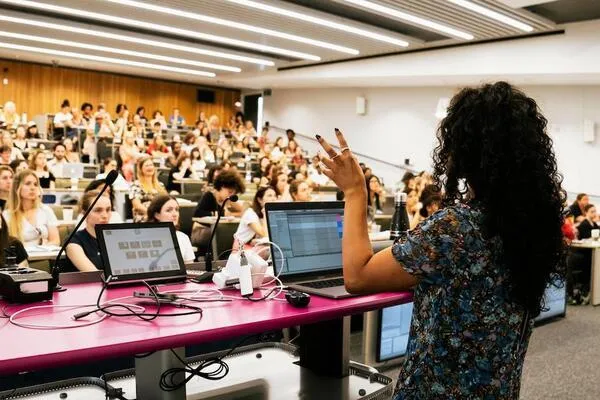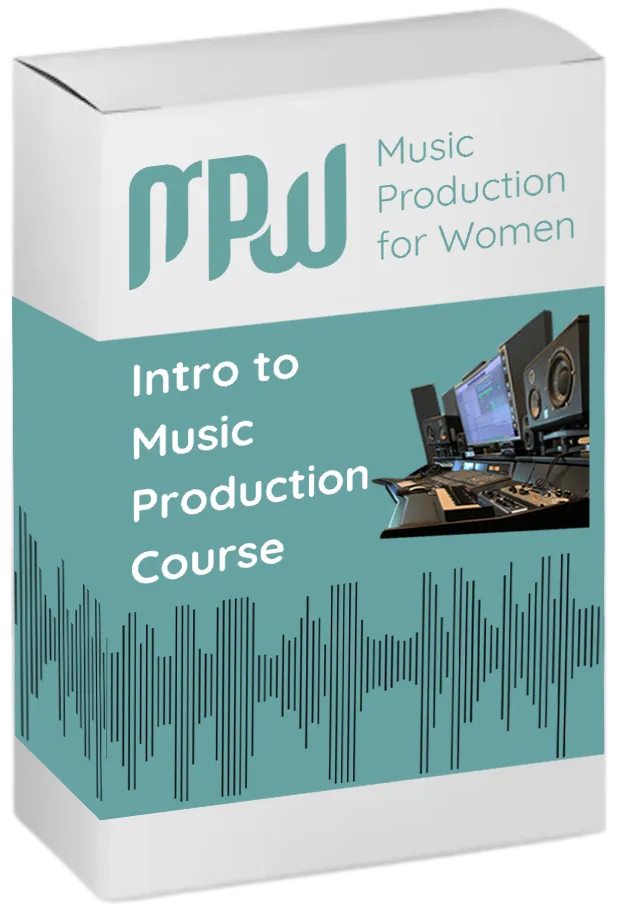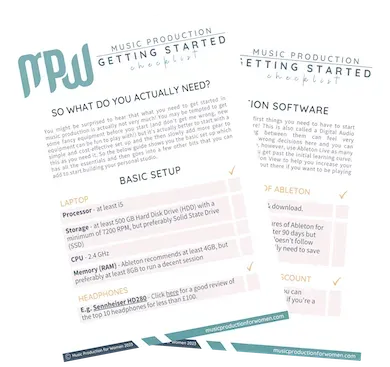How to Become a Music Producer: A Practical Roadmap
How to Become a Producer
Key Takeaways
Do you Need a Music Production Degree to Become a Producer?
How to Find Paid Work as a Music Producer
Top Tips on Building And Honing Skills
Staying on Top of Changing Technologies
Top Tips on Building a Long-Term Career
Conclusion

Photo by Hessel Stuut
Key Takeaways
No degree required - while formal study can help, self-learning, online courses, mentorships, and communities are equally valid routes.
Start small with paid work - produce for friends, local artists, or online platforms to build experience and credibility.
Build core skills consistently - practice regularly, seek feedback, experiment with genres, and develop both technical and creative skills.
Stay adaptable with technology - focus on a reliable toolkit while keeping an eye on evolving tools like plugins, DAWs, and AI.
Think long-term - commit to patience, diversify your income streams, grow your online presence, and build lasting relationships.
Becoming a music producer is a dream for many, but let’s be honest, the journey can feel overwhelming! From technical skills to networking, there’s so much to think about. The good news is that you don’t need to have it all figured out today. This guide will walk you through the key steps on how to become a music producer, blending practical advice with real-world insights from record producer Tim Bran, who has worked with artists like London Grammar, Birdy, and Aurora.
Do You Need a Music Production Degree to Become a Producer?
A common myth is that you need a formal degree to succeed as a producer. While structured courses can provide valuable technical training and peer networks, they aren’t essential. Tim Bran emphasises that much of his learning came from self-driven exploration, spending countless hours in studios, experimenting, and observing other professionals at work
In today’s world, alternative learning routes, such as online courses, mentorships, and communities like MPW, make music production more accessible than ever. Degrees can fill knowledge gaps, but your personal drive, curiosity, and consistency matter far more.
How to Find Paid Work as a Music Producer
Landing your first paid projects is about starting where you are. Produce for friends, local artists, or student filmmakers to build experience. As Tim notes, many opportunities come from simply being present—going to gigs, meeting peers, and offering your skills.
Every project builds your portfolio, which is your real CV in the industry.
Watch the full podcast episode
Top Tips on Building and Honing Skills
Producing is a blend of technical precision and creative flair. Here are a few essentials:
Consistency: Work on projects regularly. “Flight hours” in the studio are what build mastery.
Feedback: Share your work with peers or mentors to sharpen your ears.
Experimentation: Tim stresses the value of exploring unexpected genres and sounds—sometimes a disco loop might be the missing piece in a ballad
Theory & Technique: Even basic music theory can help you make better chord choices, arrangements, and emotional shifts in songs.
Staying on Top of Changing Technologies
Music production evolves quickly. From free plugins to AI-driven tools, the landscape is always shifting. Tim suggests focusing on a small toolkit of reliable gear and plugins, rather than chasing every shiny new release
Some free resources to explore include:
Spitfire Audio Labs and PianoBook for free, high-quality instruments.
UAD’s free plugins for professional-grade processing.
Educational channels on YouTube and music tech blogs for ongoing learning.
The key is adaptability, staying curious while recognising that creativity, not technology, makes the magic.
Top Tips on Building a Long-Term Career
Succeeding as a producer isn’t just about talent; it’s about mindset and relationships. Tim often speaks about his “three C’s”: Collaborate, Cultivate, Commit
Collaborate: Work with as many artists and musicians as possible.
Cultivate: Build your network of peers, managers, and collaborators.
Commit: Put in consistent effort—there are no shortcuts.
Long-term careers are sustained by resilience, diversification (teaching, sync, live work), and maintaining a strong personal brand. Above all, remember that producers exist to bring out the best in others, creating safe, inspiring spaces where artists can thrive.
Want to Start Producing But Not Sure Where to Start?

Conclusion
You don’t need a degree, an expensive studio, or a big break to begin. What you do need is persistence, curiosity, and a willingness to learn from every project. Becoming a music producer is about consistency, creativity, and community.
If you’re ready to take the next step, explore MPW’s Master Your Music Program or our Intro to Music Production course—structured pathways to help you gain skills, confidence, and connections in a supportive community.




